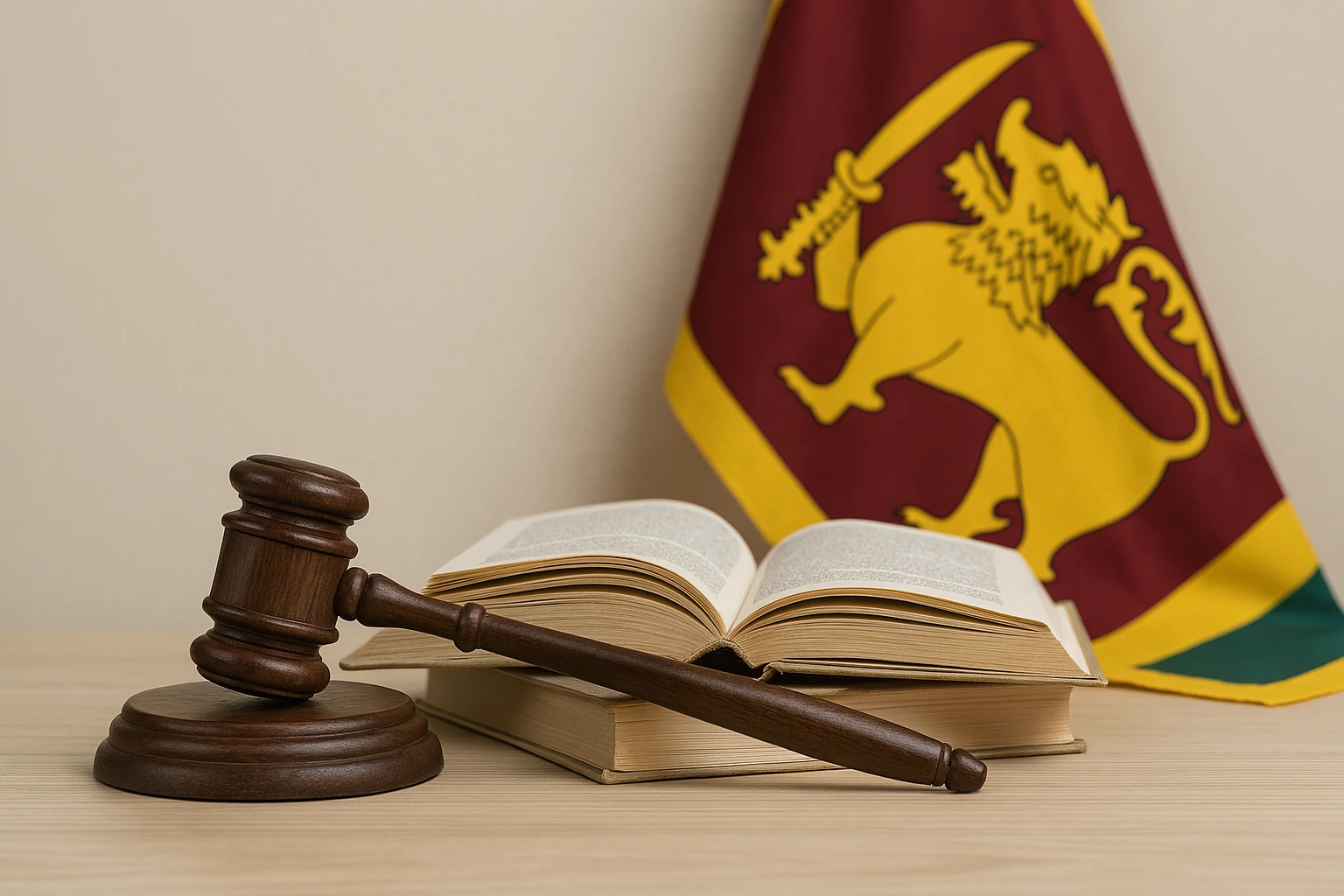Sri Lanka’s official statistics still rest on the Statistics Ordinance of 1957. That law was written for a world of paper surveys and manual tabulation. In 2025 it no longer supports the country’s need for accurate, timely and trusted data. An overhaul of the national statistics law is overdue.
Why the 1957 Law Fails
The Ordinance gives the Department of Census and Statistics (DCS) a basic mandate but few modern powers. It does not guarantee professional independence. It does not cover electronic data collection or the use of administrative and big data. Its penalties for refusing to supply data or for breaching confidentiality are too small to deter misconduct. It barely mentions privacy or security of personal information.
As a result ministries can delay or withhold data, private companies can ignore requests, and the public has no strong assurance that their information will be protected.
Costs of Weak Statistics
Weak statistics damage policy and investment. Government cannot target welfare or health programmes precisely without reliable numbers on poverty and demographics. Business leaders and investors cannot judge economic trends with confidence. International agencies such as the IMF and the World Bank rely on credible national data to set lending terms and development support.
During crises the gap is even clearer. The pandemic showed how fast-moving data on health, employment and supply chains can save lives and livelihoods. Without a legal framework for rapid, trustworthy data sharing, Sri Lanka risks being blind in the next emergency.
International Benchmarks
The UN Fundamental Principles of Official Statistics and the OECD Recommendation on Good Statistical Practice define global standards. Many countries in the region; India, Malaysia, the Philippines have updated their statistics laws in the past two decades. These laws give national statistical offices professional independence, protect confidentiality, and set clear rules for modern data sources.
Sri Lanka has not kept pace. Aligning the law with these principles is essential for credibility at home and abroad.
Key Elements for a New Act
A modern National Statistics Act should contain several core reforms:
- Professional independence: The Chief Statistician should be appointed through a transparent process and enjoy secure tenure. The DCS must be free from political interference in methods and publication schedules.
- Clear legal powers: The DCS should have authority to require timely and accurate data from all government agencies and, where appropriate, from the private sector.
- Confidentiality and privacy: The law must set strict rules on the use of personal and business data and impose heavy penalties for breaches. Data collected for statistical purposes must not be used for taxation, law enforcement or commercial gain.
- Digital readiness: Provisions should cover electronic surveys, use of administrative records and new sources such as satellite imagery and big data. Data security standards must be defined.
- Open data obligations: Key datasets should be released in machine-readable formats to support evidence-based policy, academic research and innovation.
- Stable funding and oversight: An independent governing board can review priorities and budgets, ensuring that the DCS has the resources to maintain quality and independence.
Economic and Social Benefits
Better statistics mean better governance. Reliable data on employment, agriculture and climate risk supports targeted policies and disaster response. Accurate national accounts and trade figures give investors confidence and help international agencies assess creditworthiness.
A law that protects confidentiality will also build public trust. Citizens are more likely to respond honestly to surveys when they know their information is secure and used only for statistical purposes.
Path to Reform
Drafts of a new National Statistics Act have circulated in recent years but have not reached Parliament. The government now needs to launch a transparent consultation with ministries, the private sector, universities and civil society. This process can refine the bill and build consensus. Parliament should then fast-track the legislation and set a clear timetable for implementation.
A Foundation for Better Policy
An economy in transition cannot rely on data from a bygone era. Overhauling the national statistics law is not a technical footnote; it is a prerequisite for sound economic management and democratic accountability. A new Act independent, professional, technology-ready and trusted will give Sri Lanka the statistical system it needs to plan its future with confidence.
Click here to read “Sri Lanka’s Public Transport Upgrade: Long Overdue, Still Possible“.













